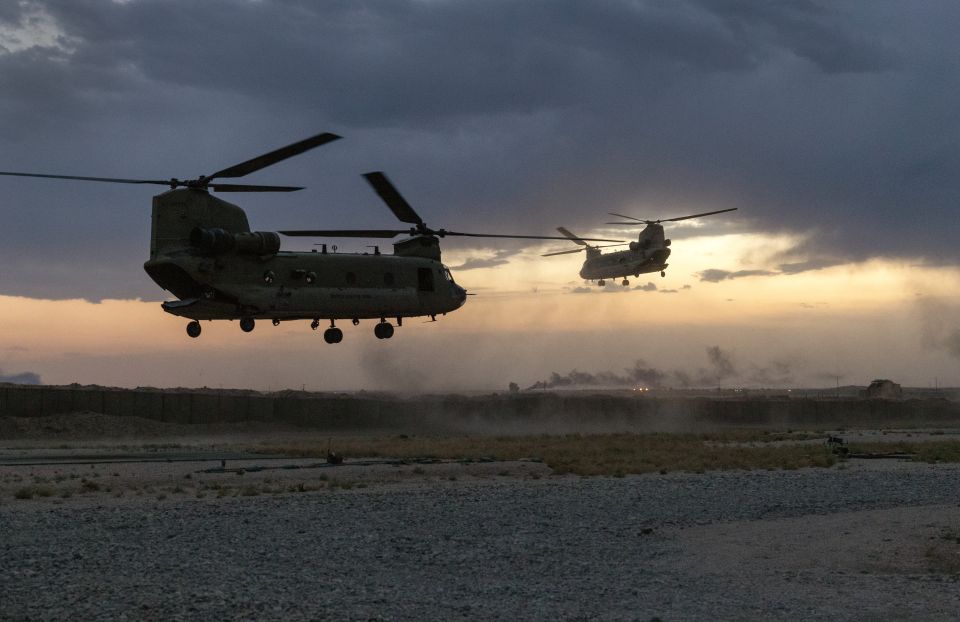- US Army forces killed three senior Islamic State leaders in two separate military operations in Syria on Thursday.
An Islamic State terror group suffered a new round of setbacks when US Army forces attacked three key leaders of the terror organization in two operations in northern Syria in a single day.
The United States confirmed the first operation, announcing that army special forces carried out a helicopter attack early Thursday near the northeastern village of Qamishli, in an area controlled by forces loyal to Syrian President Bashar al-Assad.
U.S. Forces Successfully Strike ISIS Leaders in Northern Syriahttps://t.co/hDvft71c2U pic.twitter.com/6B7NRNmrEb
— U.S. Central Command (@CENTCOM) October 6, 2022
US Central Command (CENTCOM), which oversees US forces in Syria and much of the Middle East, said the target of the operation, Rakkan Wahid al-Shammri, was killed and one of his associates wounded. Two other associates were captured.
US military and intelligence officials described al-Shammri as a longtime Islamic State operative who played a key role in smuggling weapons and fighters to support the terror group’s operations.
The US military reported later Thursday what may be an even bigger blow, launching a precision airstrike just after 6 p.m. local time in northern Syria, which resulted in the deaths of two other senior Islamic State officials.
US Forces Conduct Raid in Northeast Syria against ISIS pic.twitter.com/vu3cnlSz3w
— U.S. Central Command (@CENTCOM) October 6, 2022
CENTCOM reported that Abu-Hashum al-Umawi, described as one of the “top five” of the terror group, who served as deputy leader of ISIS in Syria, was killed in the attack. A second Islamic State official, Abu Mu’Ad al-Qahtani, who was responsible for the prisoners, was also killed.
The US strikes against IS come weeks after a top US counterterrorism official said the terror organization has been stuck in “survival mode,” unable, for now, to overcome relentless counterterrorism pressure from the United States. Joined.
The terror group “is no longer trying to attack the United States,” National Counterterrorism Center director Christine Abizaid said last month, pointing to a string of killings and arrests, beginning with the February raid that led to the death of former emir Abu Ibrahim al-Hashimi al-Qurashi, also known as Hajji Abdallah.

